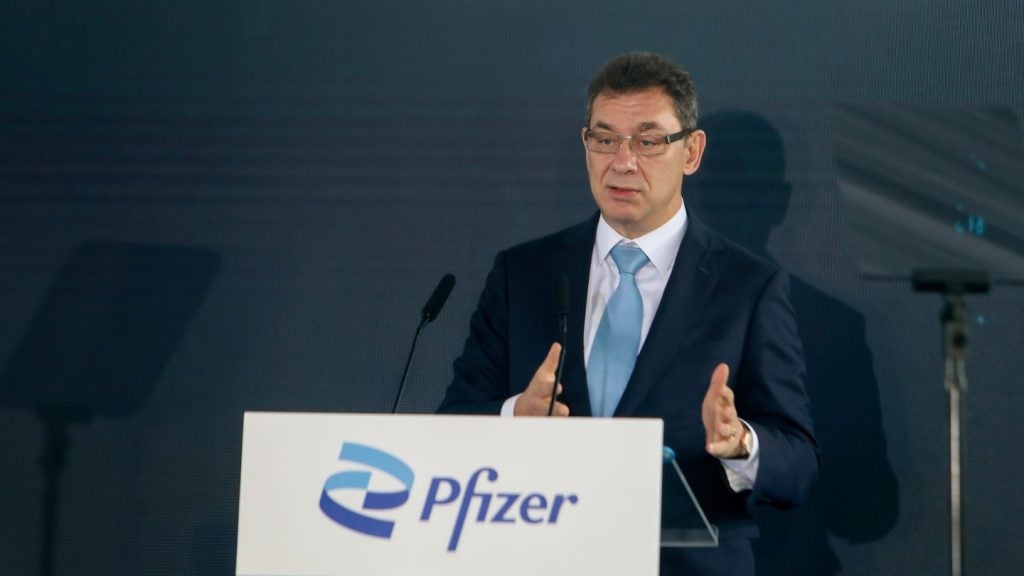Pfizer is cutting costs and refocussing its research and development (R&D) operations in a bid to maintain and grow revenues in 2025, says CEO Albert Bourla.
The company achieved its 2024 goal of achieving $4bn in net cost savings according to Bourla and expects to save a further $500m in 2025, which it intends to allocate for its reorganised R&D. Bourla said the company views the cancer and metabolic disease spaces particularly as opportunities for innovation.
Bourla outlined the company’s vision for the next few years in a presentation at the JP Morgan Healthcare conference taking place 13–16 January in San Francisco.
He emphasised a priority reshuffling within the company’s clinical pipeline, now overseen by Dr. Chris Boshoff who was appointed head of R&D in November 2024. This, he said, is expected to lead to 2025 revenues of $61bn–$64bn. He also touched upon the challenges of monitoring and driving R&D productivity.
In oncology, the CEO placed emphasis on the CDK4 inhibitor, PF-07220060, along with vedotin-based antibody-drug conjugates (ADC) targeting IB6 and PDL-1 as high-potential assets set for prioritised development. Bourla also noted further development expected for Elrexfio (elranatamab), Pfizer’s monoclonal antibody in Phase III trialling to treat multiple myeloma.
Significantly, the company is poised to make a foray into the metabolic space with its oral glucagon-like peptide-1 receptor agonist (GLP-1RA) danuglipron. In a space that is currently dominated by Novo Nordisk and Eli Lilly with their injectable GLP-1RAs, Bourla said the company aims to establish itself close behind Lilly in the oral GLP-1RA space.
Last year, Bourla had to face investor scrutiny as the company’s share price and revenues declined as the demand for Covid-19 products waned. A tepid performance earlier in the year spurred activist investor Starboard Value to acquire a $1bn stake in the company and attempt to oust Bourla as CEO in October 2024. However, a positive Q3 and internal support for the CEO seemed to have halted Starboard’s plans.
The company now aims to maintain the momentum it gained late last year. Among the efforts to do sis is an attempt to embolden profits from Pfizer’s Covid-19 therapeutic Paxlovid (nirmatrelvir/ritonavir) with a next-generation formulation that has the potential to eliminate the drug-drug interaction concerns, which previously limited prescription of Paxlovid by physicians.
As sector experts look to gauge the potential impact of an incoming Trump administration on the pharma space, all eyes are on what senior executives gathered at the conference have to say. On that subject, Bourla stated the potential risks posed to pharmaceutical giants like Pfizer will likely be outweighed by opportunities presented, notably the President Elect’s interest in cancer therapy innovation.
He did, however, express concern regarding Robert F. Kennedy Jr.’s potential influence over the pharmaceutical industry, noting that his controversial views on vaccination are likely to fuel resistance from the scientific and medical community, along with insurers and employers.









